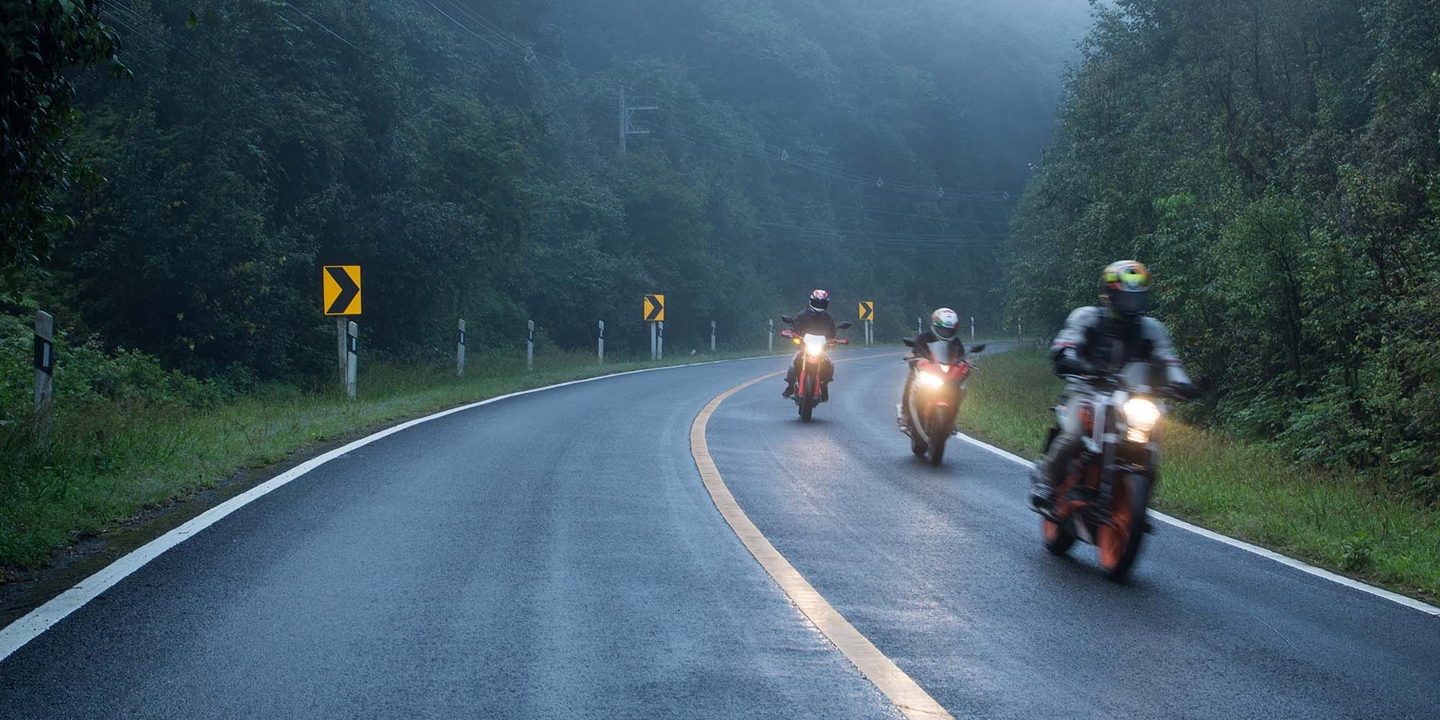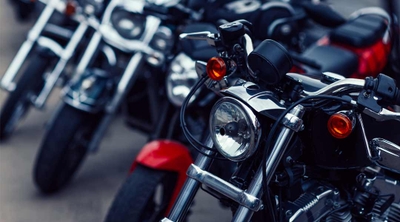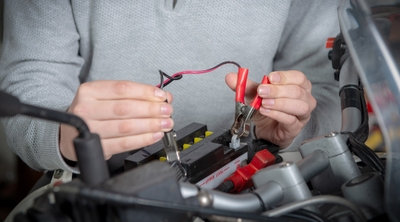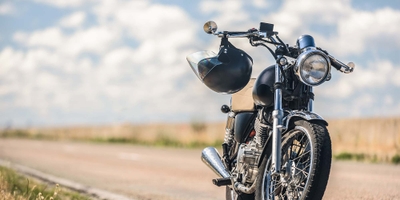Riding a motorcycle in the rain
2 min read
Driving is more challenging and more dangerous in the rain. According to the Federal Highway Administration, 75% of weather-related crashes occur on wet pavement. The North Carolina Institute for Climate Studies also noted that fatal car crashes increase by 34% when it’s raining. Motorcycle riders are already much more likely to suffer serious consequences in a crash, according to the National Highway and Traffic Safety Administration. Learning to ride safely as possible is always important for motorcyclists. If you’re riding your motorcycle in the rain, safe driving habits are essential.
Tips for riding a motorcycle in the rain
Before you take your bike riding in the rain, make sure you’re prepared and informed about how to do so. In addition to the dangers of riding a motorcycle in the rain, it’s also uncomfortable because you are exposed to the elements. Fortunately, the right gear helps keep you comfortable and safe. Before you head out, consider wearing a rainsuit, gloves and boots, and a helmet.
A proper rainsuit designed for motorcycling is a waterproof one- or two-piece outfit. Choose to wear a bright color like yellow or orange. It may not look as cool, but it’s easier for drivers to see.
Having waterproof gloves and boots can help further eliminate distractions and improve riding comfort in wet weather.
You should consider wearing a helmet whenever you ride. A full-face helmet with an anti-fogging visor can help with visibility in the rain. Some helmets even have electric defrosting like a car windshield, guaranteeing you can see even in the worst conditions. If you don’t have a full-face helmet, consider wearing goggles.
Safe driving habits when motorcycling in rain
Ride slower
Precipitation reduces visibility and increases reaction times. Ride slower so that you have time to react calmly to anything that happens. It also helps other drivers have time to respond to you safely. Learn more about driving in fog.
Lean less
While some leaning into a turn is necessary while riding, leaning can be a problem when you don’t know how much traction you have. The United States Army recommends that riders “keep the bike in as upright a position as possible until conditions improve.”
Avoid sudden changes
Swerving, sudden braking, and sudden acceleration all make it harder to keep control of your bike, especially when riding in the rain. Whatever maneuver you make, be gradual and smooth. It also helps make you predictable for other drivers so that they can avoid hitting you.
Scan the road
Keep an eye out for puddles, oil spots, and any change in the pavement’s texture. Anything other than the typical road surface may offer less traction. Standing water is a risk. Like cars, motorcycles can easily hydroplane, but the consequences are usually more severe for bikers than for motorists.
Look out for lightning
Lightning makes a storm more dangerous, especially for motorcyclists. Get off the road as soon as possible and wait it out.






